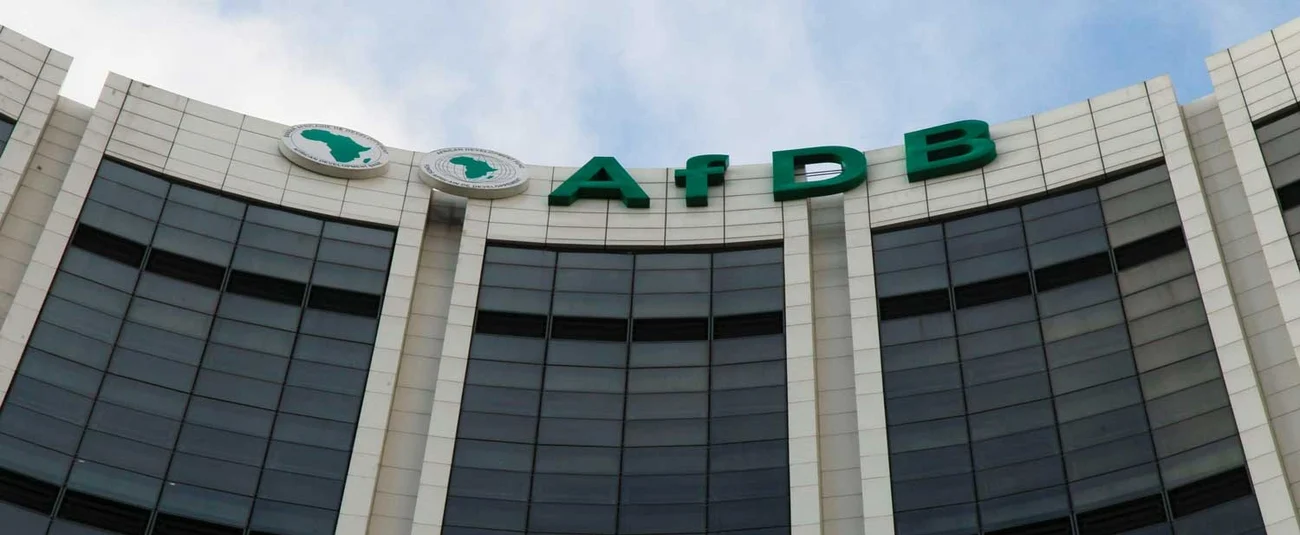Nigeria’s public debt stock is estimated to rise to N130 trillion this year, raising concerns about the country’s debt-to-gross domestic product ratio.
This was disclosed in a report by Afrinvest, an investment management company, titled, ‘Bank Recapitalisation, Catalyst for a $1tn Economy, ‘ unveiled in Abuja recently.
According to the National Bureau of Statistics, Nigeria’s public debt stock—which includes both domestic and foreign debt—rose from N97.34 trillion in the fourth quarter of 2023 to N121.67 trillion in the first quarter of 2024, representing a growth rate of 24.99 percent on a quarterly basis.
Afrinvest estimated that the fiscal deficit, total public debt stock, debt-to-GDP, and debt-servicing-to-revenue rate would exceed N13.0tn, N130tn, 55 per cent, and 60 per cent by 2024 year-end, respectively, according to The Punch.
Nigeria’s governmental debt stock was N121.7tn as of Q1 2024, with N77.5tn (63.6%) of the amount coming from domestic debt and N44.2tn (36.4%) from external debt.
The domestic debt includes N44.8tn in Federal Government bonds, N20.3tn in Treasury bills, and N12.4tn in other domestic debt.
N14.3 trillion from multilateral creditors, N10.9 trillion from bilateral creditors, and N19.0 trillion from commercial creditors make up the total amount of external debt.
The 2024 budget is based on “overly optimistic” revenue forecasts, according to the investment management firm’s assessment, which could result in a repeat of the historically poor budget performance.
“The expectation of a 43.9 per cent share of the projected revenue from oil and other minerals is unrealistic,” the report stated.
According to Afrinvest’s evaluation of the 2023 actual budget, there has been a persistent underperformance, with actual revenue surpassing the budgeted amount by 7.6% to N11.9 trillion.
However, aggregate expenditure rose by 31.8 per cent to N18.8tn, leading to a higher deficit of N46.9tn.
“The share of Federal Government’s debt in total public debt stock rose 44.6 per cent year-on-year to N487.3tn, accounting for 89.7 per cent of total public debt stock by year-end,” the report noted.
Afrinvest further stated that “the Federal Government’s expansive borrowing plan could rub off negatively on banks’ deposits, given the attractive yields on risk-free papers as compared to interest on banks’ deposits.”
It added, “We believe banks would continue to battle heightened risks of asset deterioration, partly induced by the consumption-tilted budgetary patterns.”
Afrinvest, however, applauded the Central Bank of Nigeria’s decision to reduce the number of Bureau De Change operators, upheld the policy on the dissolution of the earlier numerous forex segments, and started selling forex periodically at a discounted cost to approved BDCs.
“The CBN supervision of BDC operations has been enhanced, and compliance has improved due to higher stakes of the operators,” the report noted.
However, Afrinvest warned that “what should have been a short-term pain from this policy action has become endemic, due to the weak forex reserve war chest to adequately meet up with market demand.”









